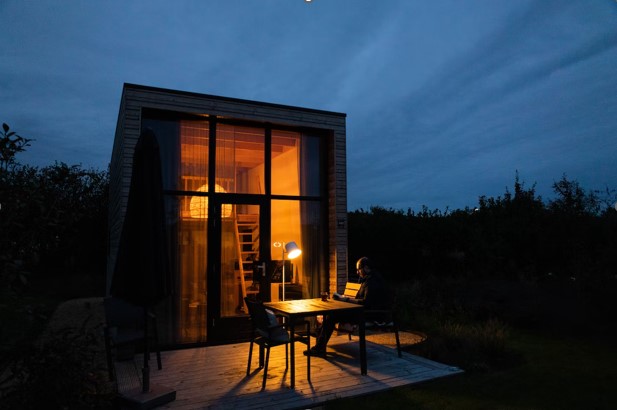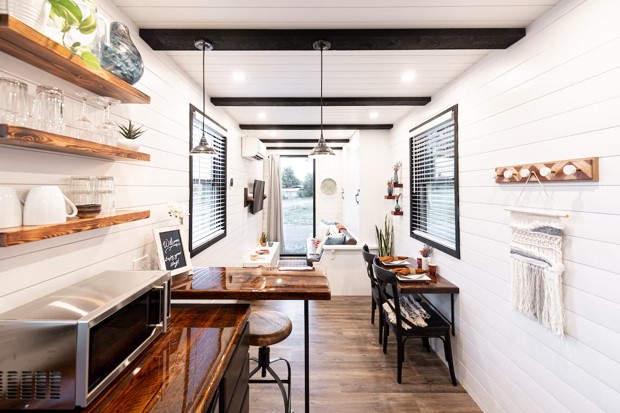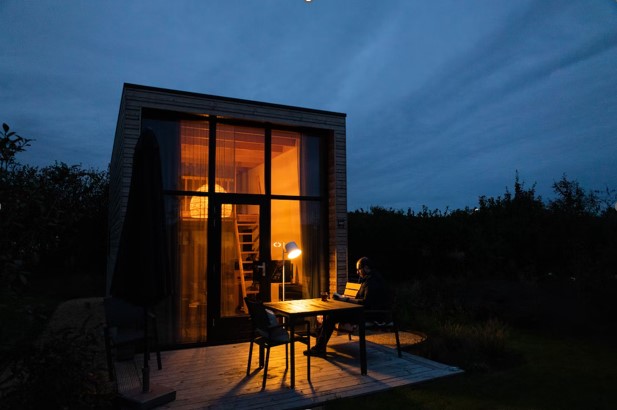When it comes to small property investments, there is a lot to consider. Should you build or rent? What are the advantages and disadvantages of each option? How much money do you need to invest to make your investment worthwhile? These are just some of the questions that investors must ask themselves before deciding whether they should build or rent a small property. There are pros and cons to both options, and deciding which is the best for you will require careful consideration.

Therefore, in this blog post, we will look at the practical tips and advice that can help guide investors when making their decision on whether they should build or rent a small property. We’ll discuss what factors need to be taken into account when making an informed decision, and go over some of the common mistakes made by new investors so that readers can avoid them. So whether you’re a first-time investor or an experienced one, this blog post will provide you with some practical tips and advice that can help guide you through the process of deciding whether to build or rent a small property.
Analyze Your Long-Term Goals
When it comes to small property investments, having a plan is essential. It's important to analyze your long-term goals before deciding whether you should build or rent a small property. Knowing what you want to achieve in the future will help guide your decisions now and ensure that you make an informed choice that meets your needs.
Analyzing your long-term goals involves considering things like how much money you have available for investment, what kind of returns are realistic given the current market conditions, how quickly you need to get a return on investment, and other factors such as taxes and maintenance costs. You also need to consider whether building or renting will be more profitable in the long run. If there’s potential for capital gains from owning real estate then this may be preferable over renting out a property that may not yield enough income over time.
Additionally, if you plan on living in the property yourself then building could provide more space than renting would allow for at a lower cost per square foot due to economies of scale when constructing multiple dwellings at once. On the other hand, if short-term profits are desired with minimal effort involved then investing in rental properties might be better suited as they can generate passive income without requiring too much initial capital.
Calculate The Costs
Once you’ve analyzed your long-term goals, it’s time to calculate the costs associated with building or renting a small property. This involves factoring in things like construction materials, labor costs, taxes, professional fees, and other expenses that need to be taken into account.
Renting a small property may require less initial capital but could involve more ongoing expenses such as maintenance and repairs. On the other hand, the construction of a property can be costly upfront but there are often tax deductions available for new builds. When calculating these costs it’s important to factor in any potential savings from deductions, rebates, or incentives offered by local governments or private developers.
Building a property can also increase its value over time, whereas renting may not yield anything in terms of long-term returns. Even if you build a tiny house as an investment property, you may be able to add value to it by making improvements or increasing the rental rate. The best part is that most tiny home builders offer financing options to make the cost of building a property more affordable. So if you’re looking to save money in the long run then the building may be a better option than renting.
Consider The Time Commitment
Building a property typically takes longer than purchasing and renovating an existing one, so it’s important to consider the time commitment involved before making a decision. This can range from several months to over a year depending on the complexity of the project and local laws and regulations. Therefore, if you need to generate income quickly then renting might be the better option as there is less upfront planning required.
Furthermore, managing rental properties requires more ongoing effort than owning your property does, including maintenance, dealing with tenants, and handling any legal issues that may arise. Luckily, there are professional services available to assist with these tasks and make the process much easier. These services could be worth the cost if you don’t have the time or resources to handle everything yourself. Just keep in mind that these services will add to your overall cost.
Seek Professional Advice
Finally, it’s important to seek professional advice when making your decision. Real estate agents and lawyers can provide valuable information and guidance on the best course of action for your specific situation. They will also be able to provide you with a more detailed analysis of the risks associated with building or renting and advise you of any potential pitfalls that need to be avoided.
Professional advisors can help you weigh the pros and cons of each option to make an informed decision that is tailored to meet your specific needs. This could involve things like selecting the right location or finding ways to reduce costs while maximizing returns on investment. In any case, having access to expert advice can save you time, money, and hassle in the long run.
Check Local Laws
Before making any decisions, it’s important to check local laws and regulations regarding building or renting small properties. Laws vary from state to state so you need to make sure you comply with all applicable laws before entering into a contract or starting construction. There may also be zoning requirements that need to be taken into consideration and you should consult with your local government if you have any questions.
In addition, some towns and cities have specific rules relating to tiny homes so these must be taken into account when planning your project. For instance, some towns may require tiny homes to be certified as permanent dwellings while others allow temporary housing. Not complying with local laws and regulations could result in costly fines or delays so it’s important to be well-informed before making any decisions.

In conclusion, building or renting a small property can be a great way to increase your income and provide an affordable housing option for potential tenants. However, it is important to weigh the costs and benefits of each option carefully before making a final decision that best suits your needs. With the right advice from professionals and research into local laws, you should be well on your way to finding success with either building or renting!










